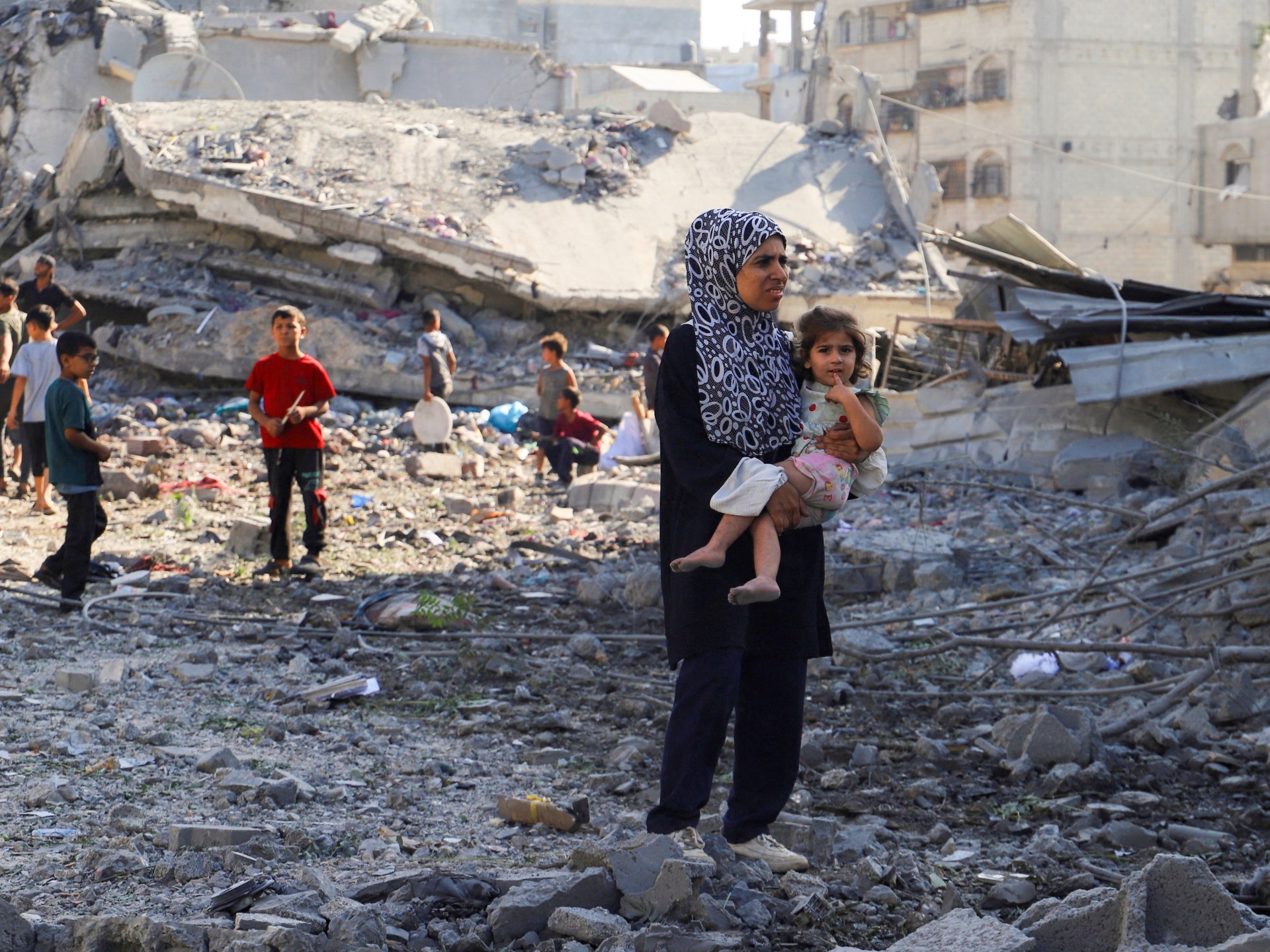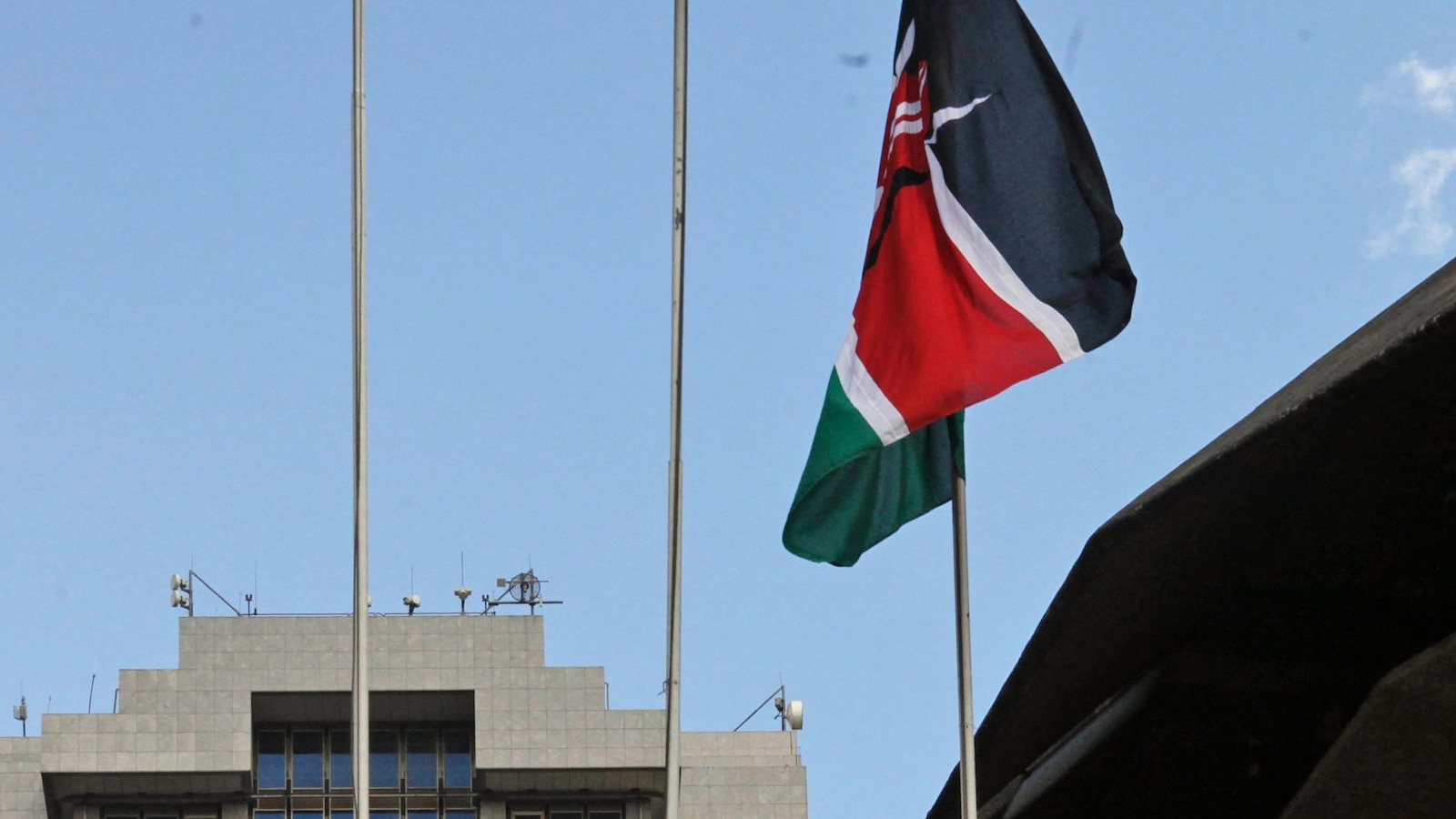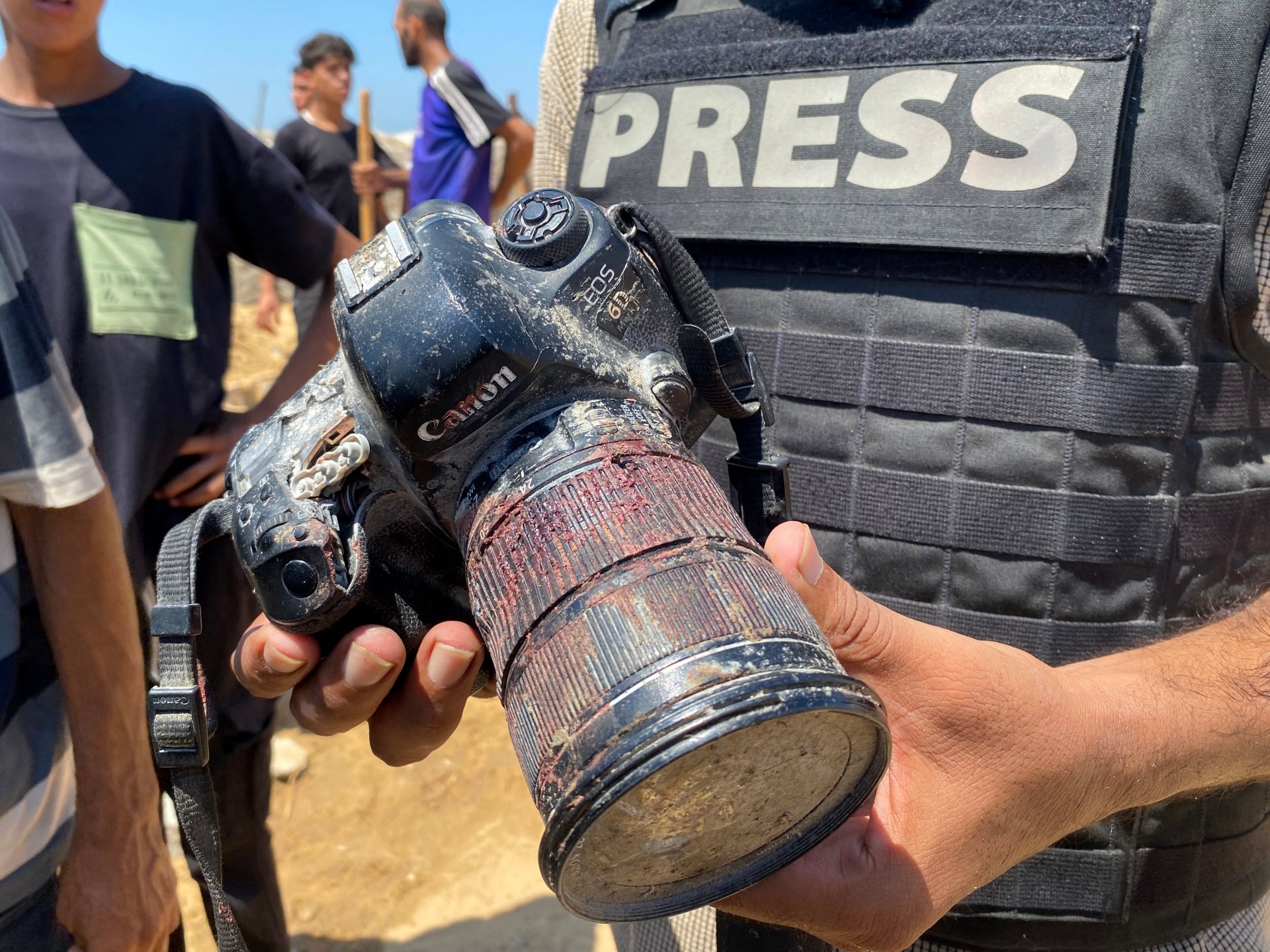Venezuela’s defence minister says military vessels and drones will be sent to patrol the country’s coastline amid simmering tension with the United States after Washington deployed warships to waters off Venezuela to fight drug trafficking.
In a video on social media on Tuesday, Minister of Defence Vladimir Padrino announced a “significant” drone deployment as well as naval patrols along the country’s Caribbean coast, including “larger vessels further north in our territorial waters”.
The move comes after Washington last week deployed an amphibious squadron of three warships towards Venezuela’s coast in what it said was an operation against Latin American drug cartels.
News agencies reported on Monday that two more US ships – a guided missile cruiser and a nuclear-powered fast-attack submarine – had also been dispatched to the Caribbean, and that some 4,500 US service members, including 2,200 Marines, were part of the deployment.
The US naval build-up comes after the administration of US President Donald Trump last week accused Venezuela’s left-wing president, Nicolas Maduro, of being involved in cocaine trafficking and working with drug cartels.
Washington also announced that it had doubled a reward for the capture or prosecution of Maduro on drug charges from $25m to $50m. The US is also offering a reward of $25m for the arrest or prosecution of Venezuelan Minister of the Popular Power for Interior Diosdado Cabello.
US officials have accused Maduro and members of his government of heading the Venezuelan cocaine trafficking cartel Cartel de los Soles, which Washington has designated a terrorist organisation .
Maduro has dismissed the accusations and accused the US of attempting to instigate regime change in his country.

Military build-up
On Monday, Maduro insisted during a weekly television show that his country, unlike neighbouring Colombia, is “free of coca leaf crops and free of cocaine production”.
Maduro, who has also criticised the US government for not addressing the drug consumption within its borders, has mobilised hundreds of thousands of local militia members to strengthen national security amid the threats from Washington.
Some 15,000 Venezuelan troops have also been dispatched to the country’s border with Colombia to crack down on criminal groups, including those involved in drug trafficking.
In a separate announcement on Tuesday, Defence Minister Padrino said an ongoing operation in Venezuela’s northeastern corner had resulted in the dismantling of shipyards where criminals intended “to manufacture semisubmersibles and boats to transport drugs by sea” to markets in Europe and North America.

The move to deploy US warships and personnel off Venezuela comes as Trump pushes for using the military to thwart cartels he blames for the flow of fentanyl and other illicit drugs into US communities, and for perpetuating violence in some US cities.
Venezuela’s mission to the United Nations denounced the US’s “escalation of hostile actions and threats” in a letter, local media outlet Noticias Venevision reported on Tuesday.
Referring to the imminent arrival of US ships off the coast, Venezuela told the UN that Washington’s actions were “a serious threat to regional peace and security”, while the presence of a nuclear-powered attack submarine was “a clear act of intimidation”.
The letter also demanded “guarantees” that the US would “not deploy or threaten to use nuclear weapons in the region”, Noticias Venevision reported.
Despite the military build-up, analysts have downplayed the possibility of a US invasion or US strikes on Venezuela, while many Venezuelan people have shrugged off the US threat as posturing, the AFP news agency reported.
Maduro, who claimed a third term in office following an election in July 2024, which was described as deeply flawed, has been in Trump’s sights ever since the US president’s first term, from 2017 to 2021.
But the US policy of maximum pressure on Venezuela, including an ongoing oil embargo, failed to dislodge Maduro from power.
“I think what we’re seeing represents an attempt to create anxiety in government circles and force Maduro to negotiate something,” International Crisis Group analyst Phil Gunson told the AFP regarding the building tension.




Leave a Comment